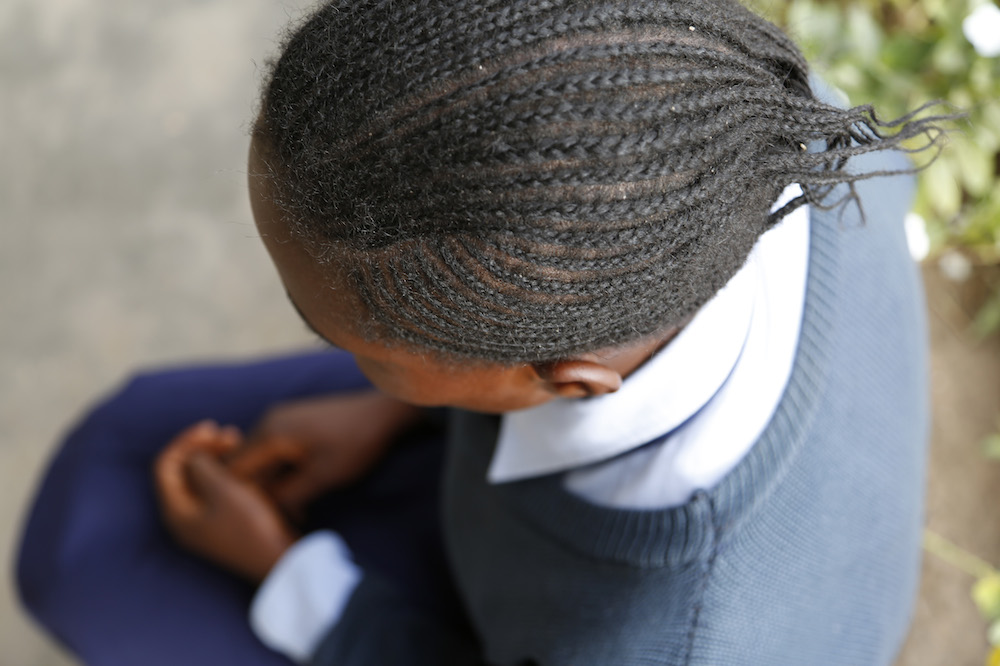
Pakistan cracks down on child marriage with tougher prison sentences
Barriers to education, Child marriage, Girls' education, Right to education
Around 21% of girls in Pakistan are married before the age of 18 - meaning their education can be disrupted and they are at risk of early pregnancy and abuse.
Pakistan has toughened penalties for those guilty of being involved in child marriage in an effort to crack down on the practice which is estimated to affect one in five girls in the country.
The legislation passed by the National Assembly, or lower house of parliament, this week also bans forced marriage involving women from minority groups.
Under the new law, offenders will face a minimum of five years in prison and may serve up to 10 years. They also face a fine of up to one million rupees ($9500).
Before the change in law, offenders faced a minimum of three years in prison and a fine of 500,000 rupees.

“The punishment has been made harsher in the law … in order to completely curb the social maladies which have risen because of the less stringent punishment and fines,” Federal Law
and Human Rights Minister Zahid Hamid told Thomson Reuters Foundation by telephone.
According to the United Nations children’s agency UNICEF, around 21% of girls in Pakistan are married before the age of 18.
Social and gender inequality, a desire to control women’s sexuality and protect family honour as well as poverty are some of the factors driving child marriage in Pakistan, according to advocacy group Girls Not Brides.
Clerics block change
A proposal to raise the minimum legal age for girls to marry from 16 to 18 failed last month. The Council of Islamic Ideology, a constitutional body which gives Islamic legal advice to the Pakistani Government, declared laws prohibiting child marriage are "un-Islamic".
“Large-scale awareness about the crucial law and now about its amendments is key to make the law a success,” said Mahpara Shakil Ghauri, a senior official at Aurat Foundation, a charity promoting women’s rights.
Local advocacy group, the Society for the Protection of the Rights of the Child (SPARC), estimates that almost 58 percent of girls are child brides in rural areas.
SPARC’s chair Humera Malik said it was a concern that civil society organisations’ demand to increase the age of marriage to 18 from 16 had been ignored in the new law.
“Raising the age of the girl to 18, the same as that of a boy was long-standing demand of the child and women rights organization in the country. But it’s really disappointing the age issue have been left untouched,” Malik told the Thomson Reuters Foundation
More news

Skills for the future give young people the best chance of success
